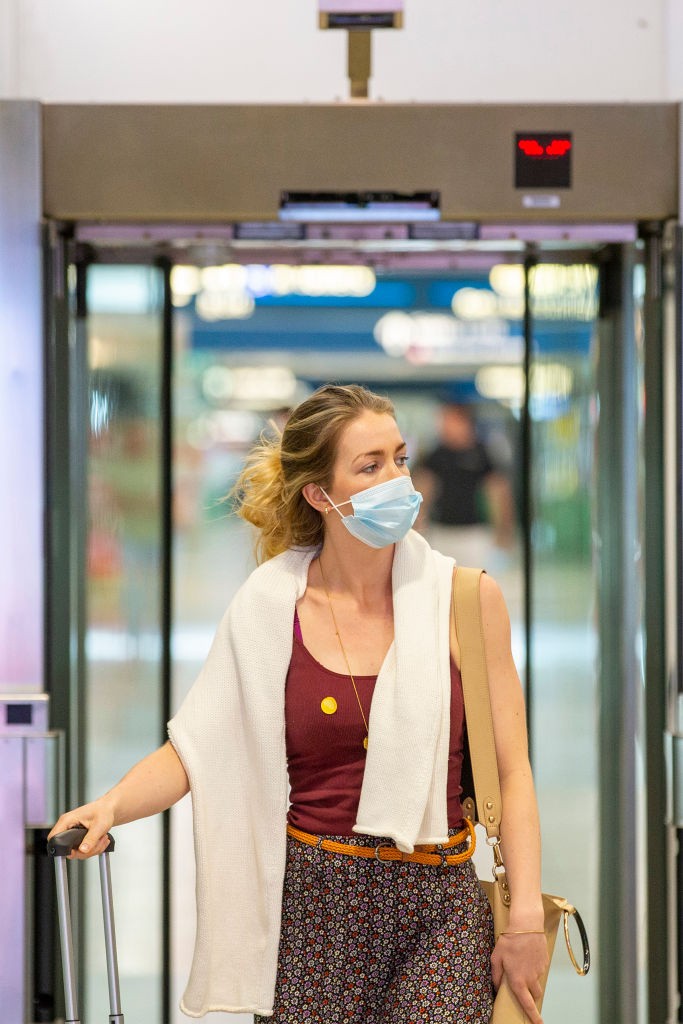Do Face Masks Protect Wearers Against Virus? New Study Has Conflicting Findings
Researchers in Denmark revealed on Wednesday that surgical masks may not give full protection against the infectious and deadly COVID-19 in their large randomized trial.

In fighting COVID-19, your first line of defense is wearing a surgical mask or any mask that passed the standard of the U.S. Centers for Disease Control and Prevention.
This practice is recommended not only in the U.S., but around the world to avoid catching the highly-communicable disease. Experts agreed that this is the utmost way of protecting ourselves against the virus.
However, a new study emerged that wearing face masks may not fully protect a person against the virus. According to ACP Journals, the study was conducted by the researchers in Demark and reported the result of their randomized clinical trial on Wednesday.
But the findings of their study conflict with the number of studies about the protection that face masks offer to the wearers.
Experts in the U.S. also said that the findings of the research will not alter or change the public health measures in the country.
Even though the study was already published in the Annals of Internal Medicine, this somehow contradict the growing evidence that masks prevent virus transmission from one person to the others.
The researchers at the University of Copenhagen recruited 6,024 participants who had been tested before the implementation of the research to make sure that they were not infected with the virus. The study was conducted from early April to early June.
According to The New York Times, half were given surgical masks and were told to wear them when they were at their homes. On the other hand, half of the participants were told not to wear facemasks when they are in public.
There were around 4,860 participants who completed the study. The researchers expected that wearing face masks would help cut the infection rate into half.
However, 42 participants, or 1.8 percent in the mask group got infected compared to the 53 in the unmasked group or 2.1 percent. This means that the difference is not statistically significant.
Dr. Henning Bundgaard, the lead author of the study and a cardiologist at the University of Copenhagen, said, "Our study gives an indication of how much you gain from wearing a mask. Not a lot."
Dr. Mette Kalager, a professor of medical decision making at the University of Oslo, also found the result of the study compelling. In an email Dr. Bundgaard sent to The New York Times, she wrote that "although there might be a symbolic effect. The effect of wearing a mask does not substantially reduce risk" for wearers.
However, there are some experts who are not convinced of the result of the study. Dr. Thomas Frieden, chief executive of Resolve to Save Lives, an advocacy group, and former director of the C.D.C., said, "There is absolutely no doubt that masks work as source control, preventing people from infecting others."
Dr. Frieden also added that an N95 mask is better than a surgical mask.
Read also: : These Face Masks Are Made by Latino Brands
Subscribe to Latin Post!
Sign up for our free newsletter for the Latest coverage!
© 2026 Latin Post. All rights reserved. Do not reproduce without permission.















